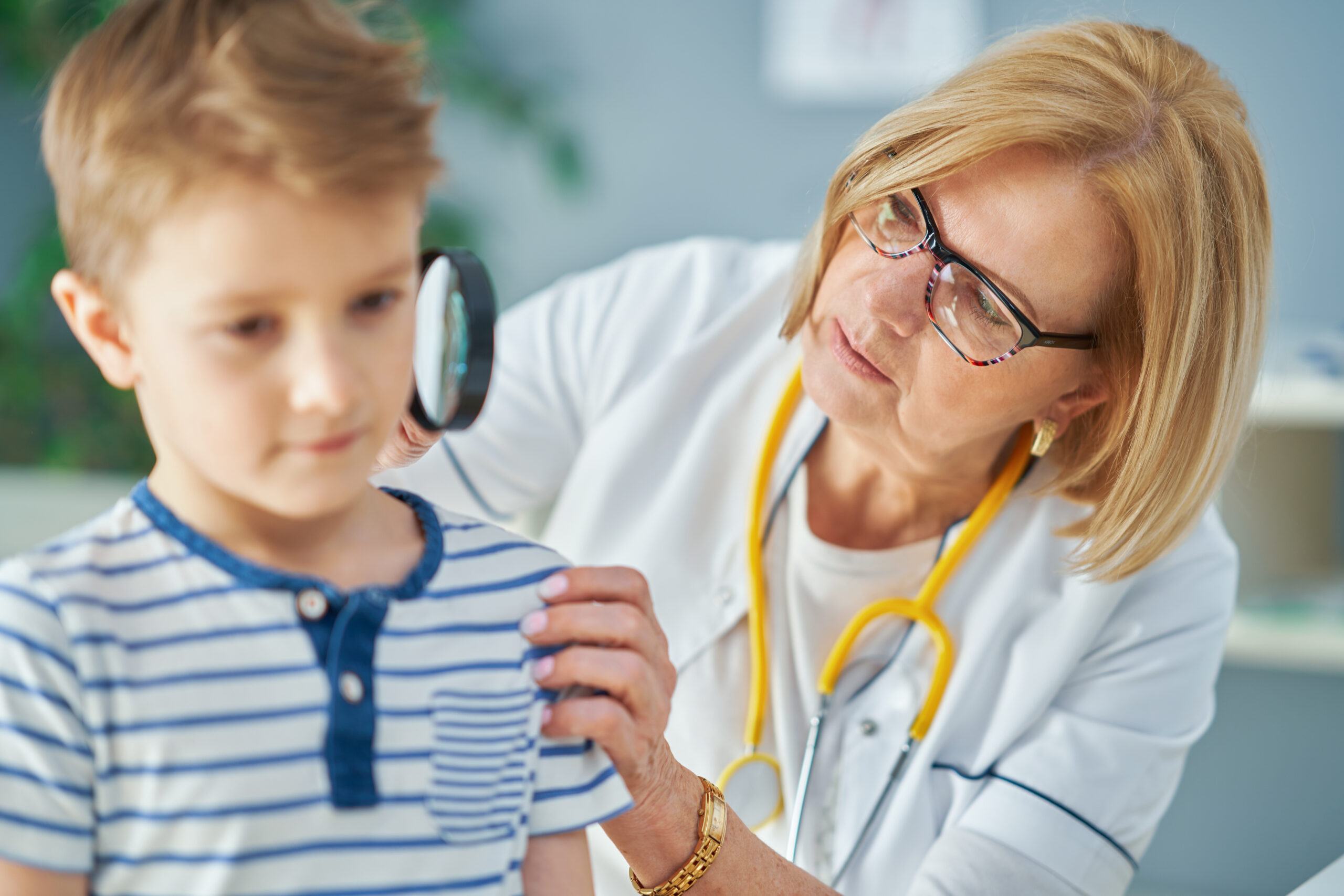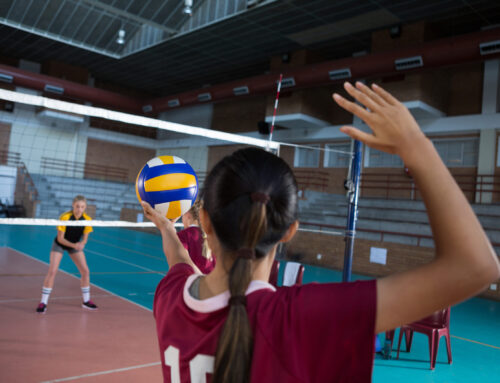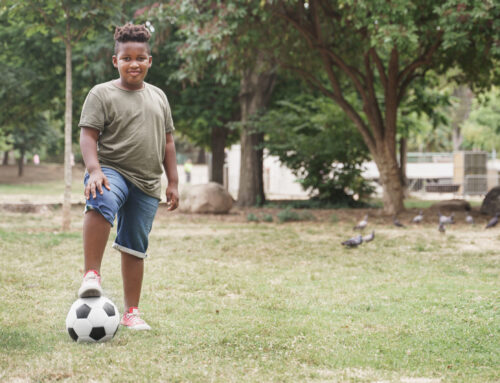Understanding When Your Child Might Need a COVID-19 Test
In the ever-evolving landscape of our world today, where health and safety have become the forefront of our daily routines, understanding when to consider a COVID-19 test for your child is crucial. As a young nurse, witnessing first-hand the impact of this virus, I’m here to guide you through this process with a blend of medical insight and parental empathy.
Why COVID-19 Testing is Important for Kids
Kids are known for their boundless energy and enthusiasm, but they’re just as susceptible to viruses as adults. Testing for COVID-19 is important in children for several reasons. It helps to quickly identify and isolate cases, thereby reducing the spread of the virus. Moreover, it ensures that any child who is infected receives the appropriate care and attention, while also protecting vulnerable populations, such as the elderly or those with compromised immune systems.
Signs Your Child May Need a COVID-19 Test
The symptoms of COVID-19 in children can be similar to other illnesses like the flu or the common cold. Common signs to watch for include:
- Fever or chills
- Cough
- Shortness of breath or difficulty breathing
- Fatigue
- Muscle or body aches
- Headache
- New loss of taste or smell
- Sore throat
- Congestion or runny nose
- Nausea or vomiting
- Diarrhea
If your child exhibits any of these symptoms, it may be wise to consider a COVID-19 test, especially if they have had close contact with someone known to be infected.
Exposure to COVID-19
If you know that your child has been in close contact with someone diagnosed with COVID-19, it’s a safe bet to have them tested, regardless of whether they are showing symptoms. “Close contact” generally means being within six feet of an infected person for at least 15 minutes, but even brief encounters, particularly without masks, can be risky.
After Travel or Large Gatherings
In the wake of holidays, family reunions, or travel, testing can be a smart step. Many areas require testing after travel, particularly international trips or after attendance at large events where the virus could spread more easily.
School Requirements and Community Testing Policies
Many schools have protocols in place for testing, especially when cases in the community are rising. Stay informed about your local school district’s policies, as they may require a test before allowing your child to return to the classroom after an illness or known exposure.
Types of COVID-19 Tests for Kids
There are two primary types of COVID-19 tests: PCR tests and antigen tests. PCR tests are known for their accuracy and are often required for travel clearances. Antigen tests, including many at-home tests, are more rapid but can be less reliable, particularly if a person is asymptomatic.
How to Get Your Child Tested
Testing centers are widely available, from hospitals and clinics to pharmacies. Additionally, many schools provide testing for students, or you can use an at-home testing kit. When going for a test, it’s essential to follow all the protocols the testing center has in place.
Preparing Your Child for a COVID-19 Test
It’s natural for kids to feel anxious about getting tested. Explain the process to them in a calm and reassuring manner. Let them know that while the test may be uncomfortable, it’s quick and helps keep everyone safe. Ensure they understand the importance of the test and how it can help protect their friends and family.
Interpreting Test Results
A positive test result means that your child has an active COVID-19 infection and should isolate according to the guidelines from your health department. A negative result indicates that your child was likely not infected at the time of testing. However, keep in mind that no test is perfect. If symptoms persist or if your child was tested shortly after exposure, a follow-up test may be needed.
What to Do While Waiting for Results
While waiting for the test results, your child should stay at home and away from others, especially those at higher risk for severe illness from COVID-19. Monitor their symptoms, keep them hydrated, and ensure they rest.
Supporting Your Child’s Mental Health
During this time, your child’s mental well-being is just as important as their physical health. Encourage open conversations about their feelings. Provide comfort and assure them that you’re there to help them through this challenging time.
Final Thoughts
Determining when to get your child a COVID-19 test is a decision that weighs heavily on facts and circumstances unique to each situation. Always keep communication lines open with your child’s healthcare provider, and when in doubt, err on the side of caution. As we navigate these challenging times, remember that the goal is not just to keep our kids fit physically, but safe and thriving in every way possible.




